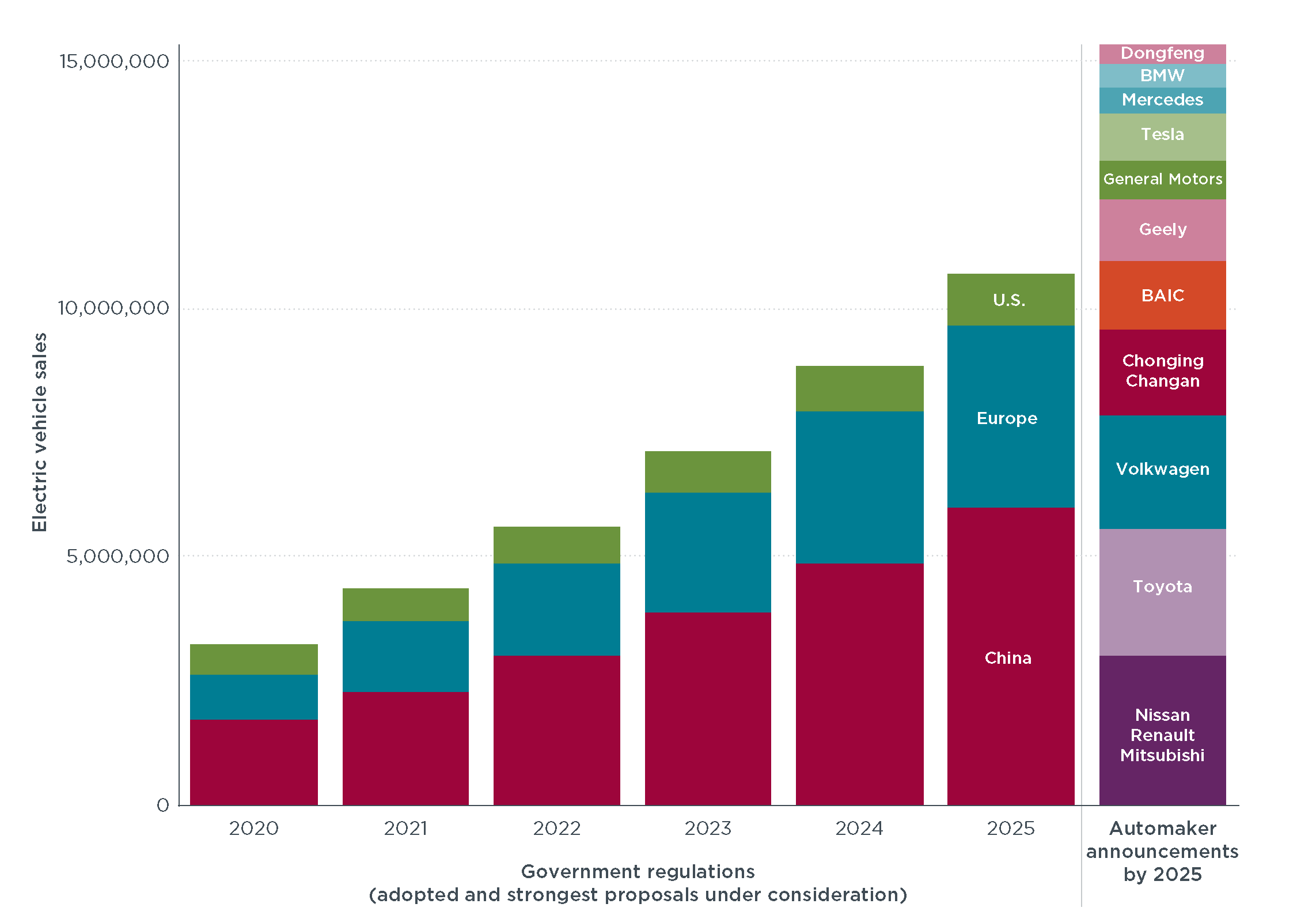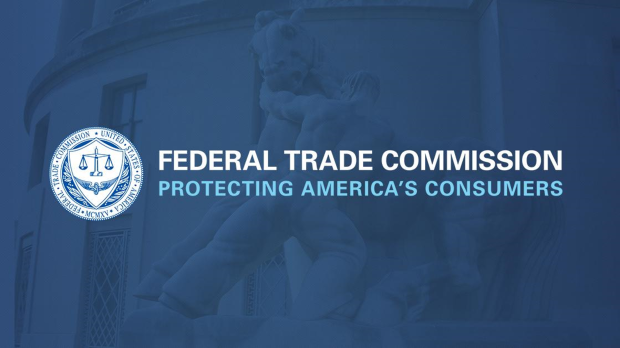Auto Dealers Renew Resistance To Electric Vehicle Regulations

Table of Contents
Financial Concerns and Profitability
A primary driver of auto dealer resistance to EV regulations centers on financial viability. Many argue that the current business model for selling EVs is less profitable than that of traditional gasoline-powered vehicles.
Lower Margins on EV Sales
- Reduced Service Revenue: Electric vehicles inherently require less maintenance than internal combustion engine (ICE) vehicles, resulting in significantly lower service revenue for dealerships. This is a substantial blow to a significant portion of a dealership's income stream.
- Intense Competition: The EV market is becoming increasingly competitive, with numerous manufacturers vying for market share. This intense competition often leads to price wars, squeezing profit margins even further.
- Existential Threat: Dealers fear that sustained lower profitability could lead to dealership closures or significant staff reductions, threatening the livelihoods of many.
- Insufficient Incentives: While governments offer incentives for EV purchases, dealers contend that these incentives often don't fully offset the lower profit margins they experience on each sale.
Investment in Infrastructure and Training
Transitioning to an EV-centric business model requires substantial investments. Dealers are grappling with the significant financial burden of adapting their infrastructure and training their workforce.
- Charging Station Investment: Installing and maintaining EV charging stations necessitates a considerable upfront investment, especially for smaller dealerships with limited capital.
- Specialized Tools and Equipment: Servicing EVs requires specialized tools and equipment, adding to the overall investment needed.
- Lack of Government Support: The absence of comprehensive government support programs for infrastructure development further exacerbates the financial strain on dealers.
- Technician Training: Training technicians to repair the complex electrical systems of EVs is costly and time-consuming, adding another layer of expense.
Consumer Demand and Market Readiness
Dealers also cite concerns about consumer demand and the overall market readiness for widespread EV adoption as reasons for their resistance to stricter regulations.
Range Anxiety and Charging Infrastructure
- Range Limitations: Many consumers remain hesitant about EVs due to concerns about limited range and "range anxiety," the fear of running out of battery charge before reaching a charging station.
- Inadequate Charging Network: The current public charging infrastructure is insufficient, particularly in rural areas, further fueling consumer apprehension.
- Inconsistent Charging Standards: The lack of standardization in charging speeds and compatibility across different charging networks adds to the confusion and inconvenience for consumers.
Consumer Affordability and Purchase Price
- High Upfront Costs: The higher purchase price of EVs compared to gasoline-powered vehicles remains a significant barrier for many potential buyers.
- Insufficient Incentives: Government incentives, while helpful, are often insufficient to make EVs financially accessible to a broader segment of the population.
- Long-Term Cost Uncertainty: Concerns about the long-term cost of ownership, including the potential expense of battery replacement, also deter some consumers.
- Limited Used EV Market: The relatively limited availability of used EVs also restricts consumer choices and affordability.
Regulatory Uncertainty and Government Policies
The rapid evolution of EV regulations and the lack of consistent government support contribute to the dealers' resistance.
Rapidly Changing Regulations
- Evolving Standards: The frequently changing government regulations regarding emissions standards and incentives create uncertainty and make long-term planning difficult for dealers.
- Lack of Long-Term Vision: Dealers require clear, long-term policies to make informed decisions about investments and business strategies.
- Inconsistent State and Federal Policies: Inconsistencies in regulations across different states or countries further complicate the situation for dealers operating in multiple jurisdictions.
Lack of Support for Dealer Transition
- Insufficient Financial Aid: Dealers advocate for increased government financial assistance to support the transition to EV sales and service, including incentives for infrastructure upgrades and employee training.
- Need for Consumer Education Programs: Government partnerships with dealers to improve consumer education about EVs are crucial to increase consumer confidence.
- Clearer Regulatory Guidelines: Dealers need clear guidelines and assistance regarding EV sales processes and compliance requirements.
Conclusion
The renewed resistance of auto dealers to electric vehicle regulations underscores the complexities inherent in transitioning to a cleaner transportation future. Addressing the concerns surrounding profitability, consumer adoption, and regulatory uncertainty is paramount for achieving widespread EV adoption. Government intervention, through targeted financial support, robust infrastructure development, and clear, consistent policies, is vital to facilitate a smooth transition and secure the cooperation of auto dealers. Collaboration between regulators, manufacturers, and dealers is essential to overcome these hurdles and accelerate the shift towards a sustainable automotive industry. Addressing these concerns surrounding electric vehicle regulations is critical for a successful and equitable transition to a cleaner transportation future. Let's work together to find solutions that support both the environment and the economic viability of the automotive industry.

Featured Posts
-
 Pneumonia Claims Life Of Pope Francis At 88
Apr 22, 2025
Pneumonia Claims Life Of Pope Francis At 88
Apr 22, 2025 -
 Open Ai Facing Ftc Investigation Concerns Regarding Chat Gpt And Ai Development
Apr 22, 2025
Open Ai Facing Ftc Investigation Concerns Regarding Chat Gpt And Ai Development
Apr 22, 2025 -
 Ftc Appeals Microsoft Activision Merger Ruling
Apr 22, 2025
Ftc Appeals Microsoft Activision Merger Ruling
Apr 22, 2025 -
 Ftc Launches Probe Into Open Ai A Deep Dive Into The Investigation
Apr 22, 2025
Ftc Launches Probe Into Open Ai A Deep Dive Into The Investigation
Apr 22, 2025 -
 Swedens Tanks Finlands Troops A Pan Nordic Defense Force
Apr 22, 2025
Swedens Tanks Finlands Troops A Pan Nordic Defense Force
Apr 22, 2025
